Payroll Taxes
Dealing with payroll taxes and small business payroll is a nagging issue for many business owners. Managing payroll involves payroll tax deposits, payroll tax returns, payroll processing, and many critical details. It’s difficult to get it right, and most people do not want to deal with it.
Payroll taxes include federal payroll tax and state re-employment tax (Florida) which are filed quarterly. At year-end we must also file federal unemployment tax. Breaking down these components can alleviate some of the mystery and frustration.
Federal Payroll Taxes
Employers are required by law to withhold payroll taxes from employee paychecks using IRS Form 941 to report three components: federal income tax withholdings, social security tax and Medicare tax.
Income tax withholding for each employee is deducted in accordance with the Employee’s Withholding Certificate, Form W-4. Social security and Medicare taxes are paid by the employee and employer at a combined rate of 15.3% of wages.
| Employee Withholding | Employer Match | ||
| Social security tax | 6.2% | Social security tax | 6.2% |
| Medicare tax | 1.45% | Medicare tax | 1.45% |
| Subtotal | 7.65% | Subtotal | 7.65% |
In some cases, the owner of the business is also treated as an employee and must also withhold payroll taxes. Notably, shareholders of S Corporations are required by the IRS to pay themselves a reasonable salary, and these wages are subject to payroll taxes.
It is important to set aside the funds each quarter to cover the above payroll taxes on yours and your employees’ wages.
Florida Reemployment Tax
Florida Reemployment tax (formerly Unemployment) is a tax paid by Florida employers into the Unemployment Compensation Trust Fund for the purpose of funding reemployment benefits. The tax is paid quarterly to the State of Florida as a percentage of wages. Each quarter you will receive a pink and white form known as the RT-6 which reports the applicable tax rate the business will pay. The initial re-employment tax rate is 2.7%, and it is adjusted over time based on several factors including amount of prior benefits charged to the employer’s account. Reemployment tax is only paid on the first $7,000 of wages for each employee.
Federal Unemployment Tax (FUTA)
Form 940 is used to submit FUTA, which is an additional federal payroll tax filing. This is required for the 4th Quarter only to report the Federal Unemployment Tax due to the IRS. FUTA is only paid on the first $7,000 of wages for each employee, and a credit is allowed for state reemployment tax paid which often greatly reduces the FUTA tax.
Small Business Payroll Topics
Reasonable Salary
Shareholders that have made the S-Election can classify the amounts they receive from the business into two categories. Wages that are subject to payroll taxes, and shareholder distributions which are not. This creates savings for S corporation shareholders on payroll taxes because the remaining pass-through income is not subject to payroll tax.
So how do we determine how much is a reasonable salary? A determination is made based on factors including:
- What services the shareholder performed for the S corporation
- The extent gross receipts are generated by the shareholder’s services
- The administrative work they performed in support of generating gross receipts
Form W-2
Form W-2 must be prepared and provided to each employee, and to the Social Security Administration (SSA), to report employee wages and payroll information for the year. These forms are filed after year-end.
Form 1099-NEC
Form 1099-NEC must be prepared and provided to each contractor and to the IRS to report payments to any contractors that you pay over $600 for the year. These forms are also filed after year-end.
